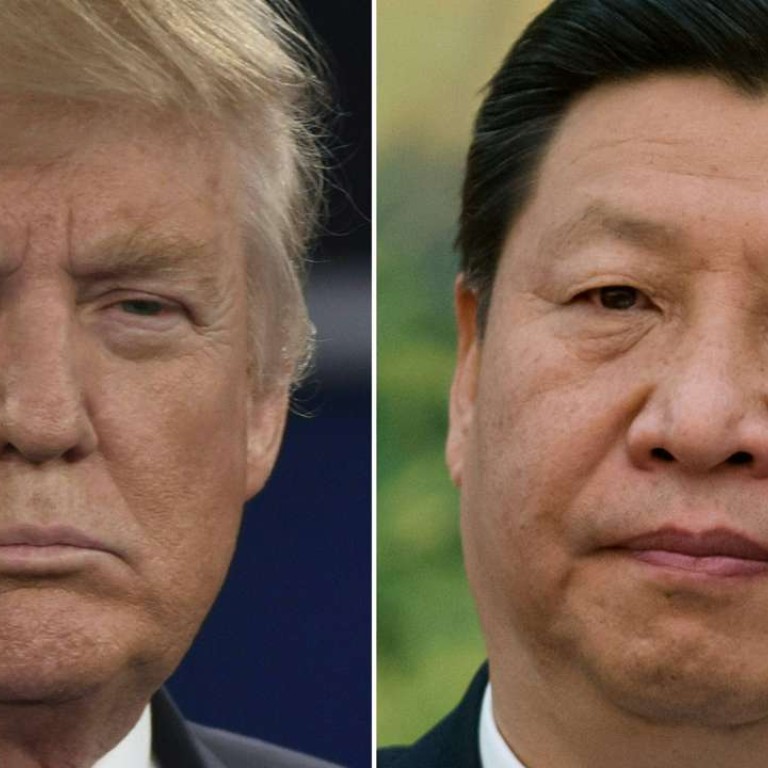
Why China’s biggest engineering firms in America are expanding into real estate
Companies biding time as they face hurdles in US infrastructure market
Stiff competition among companies bidding for infrastructure projects in the US has pushed China’s biggest engineering and construction companies operating in the country into real estate and other forms of investment.
Difficulties in qualifying for large public-private partnerships, also known as P3s, limit the degree to which China can participate in many billions of US dollars worth of infrastructure spending, said executives of China Construction America, Inc., owned by China State Construction Engineering Corp., and China Communications Construction (USA), Inc., a subsidiary of Hong Kong-listed China Communications Construction Co. Ltd.
“We have prepared US$1 billion of equity for US P3 projects since 2006 … but I cannot find an opportunity to spend that,” said China Construction America President Ning Yuan. “In the meantime, we’ve been increasingly investing in real estate developments and other projects that generate revenue.”
Infrastructure spending by Chinese companies in the US may form a key component of stronger economic ties between the world’s two largest economies, observers say.
US President Donald Trump and his Chinese counterpart Xi Jinping last week kicked off efforts to address obstacles to more balanced trade and investment between the two sides when they met for a two-day summit in Florida.
Chinese investment in the US has the potential to play a role in creating jobs in the country, a key objective of Trump’s administration. However, China’s construction and engineering companies need more experience in bidding for US projects to convince evaluation committees that they’re expertise will fulfil requirements.
Bidding for US infrastructure projects “is the most competitive market I’ve ever found myself in,” said Shane Arthurson, head of infrastructure finance and advisory, Americas, at the New York branch of Industrial and Commercial Bank of China Ltd. “Sometimes you have to be patient.”
Ning and Arthurson spoke at a roundtable discussion hosted by the China-US Skyclub, a property of Chinese real estate firm Vantone Holdings Group. Skyclub, located on the 89th floor of New York’s One World Trade Centre, bills itself as a venue “to facilitate decision makers of both sides to achieve win-win results with the atmosphere of mutual understanding, respect and communication.”
“We face the same situation as China State Construction,” said China Communications Construction (USA) Yi Luping. “We are trying to be more involved in investing in projects rather than taking a role in construction because we find the market to be very competitive.”
“The continued growth and success for [China Construction America and China Communications Construction (USA)] globally will eventually be a competitive advantage in the P3 market,” said Patrick Foye, executive director of Port Authority of New York and New Jersey, who delivered a presentation about the need for participation by international construction and engineering firms in massive P3 projects his agency is managing.
“Access to the amounts capital that you’ve talked about is important, but the engineering construction and the creativity on that side will drive the decision-making in the projects we have,” Foye added.
Foye’s agency aims to marshal approximately US$32 billion in capital investment to fund critical projects for the New York region during the next 10 years, and is looking to foreign firms, including those from China, to participate. These projects include the US$1.8 billion restoration of the George Washington Bridge, considered to be the busiest bridge in the world and the US$1.5 billion reconstruction of the entrance to the Lincoln Tunnel.
Expectations about project returns and regulatory hurdles may also be undercutting the competitiveness of Chinese companies looking to participate in US P3 infrastructure projects.
“The competitive bidding process, which is usually part and parcel of any infrastructure project, drives down the margins, and I think US contractors are willing to work for much tighter margins to keep their employees employed and the Chinese contractors want to make a lot of money,” Peter Cohen, Chairman of New York investment bank Cowen Group, said in an interview on the sidelines of a National Committee on US-China Relations event also at the Skyclub, located in One World Trade Centre. “All of the permitting, all the safety rules that have to be followed, which the Chinese construction companies aren’t all that used to makes it very tough for them to bid against US companies.”
China Construction America’s Ning downplayed any contention that national security concerns had hurt their chances.
“It really comes down to technical, engineering solutions when it comes to these decisions,” Ning said. “Too many reports in the Western media bring up these security issues and it’s not very objective.”

